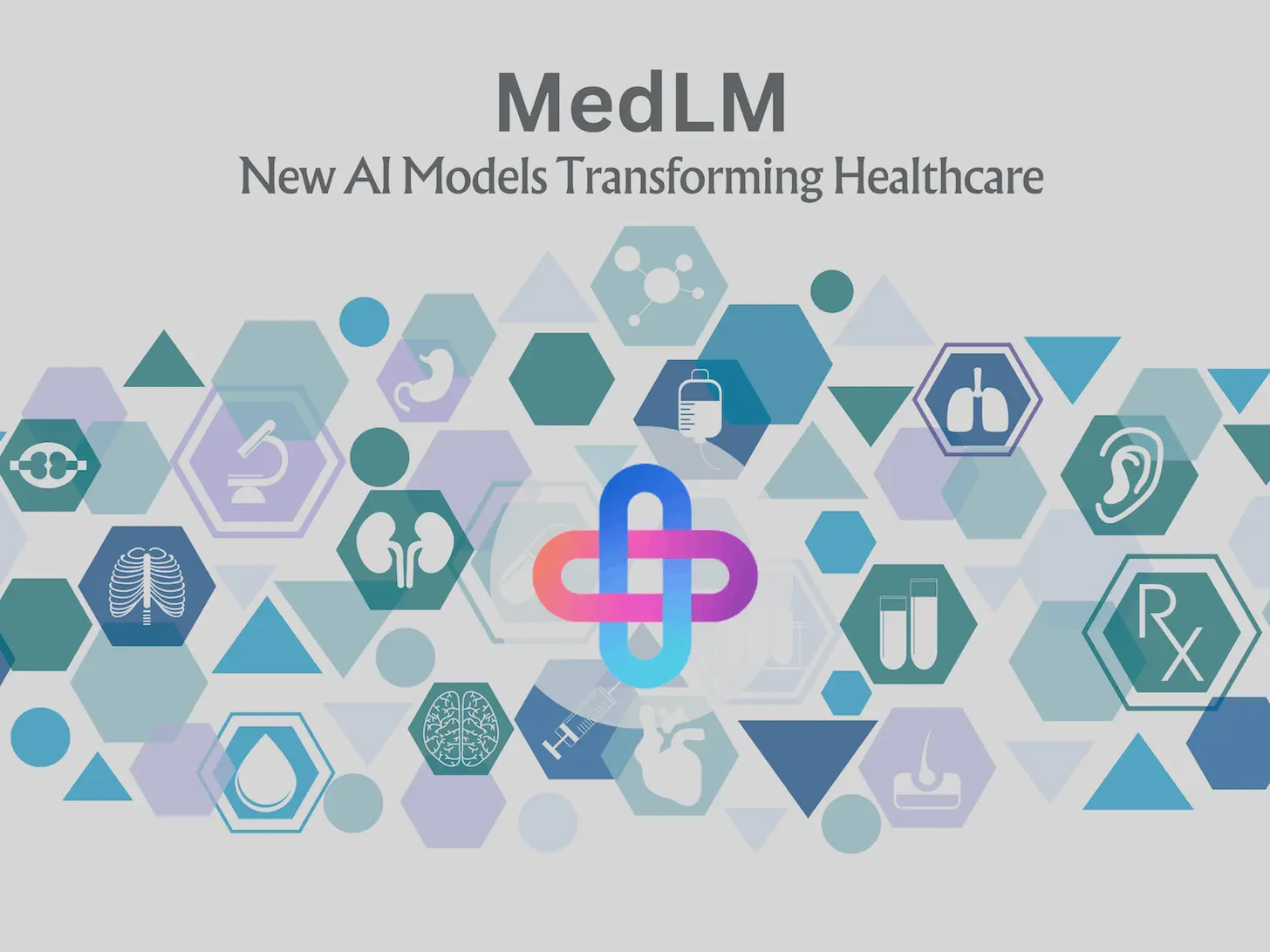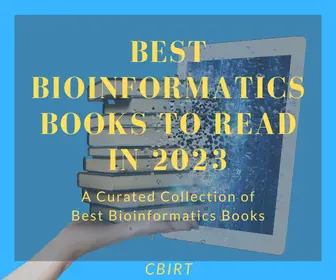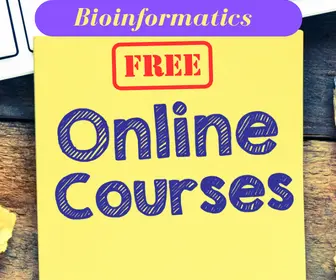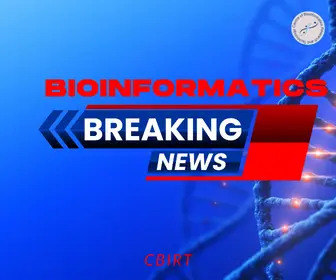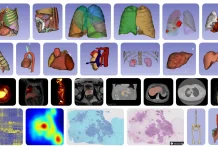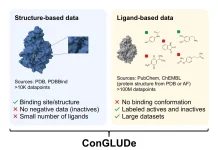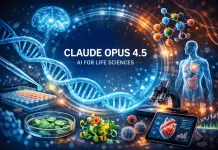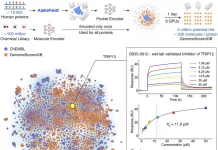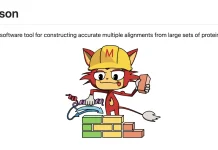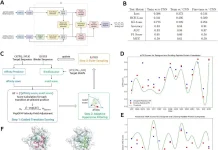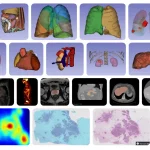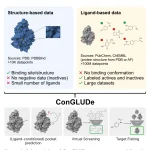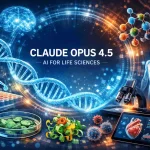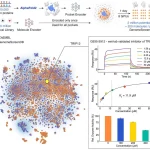Google recently announced the launch of MedLM, a family of large language models specifically fine-tuned to revolutionize medicine and life sciences. MedLM brings the power of Google’s state-of-the-art natural language processing to enhance healthcare delivery and medical discoveries directly.
This represents a watershed moment as Google puts its vast AI resources behind transforming health outcomes after careful research into safe and responsible development. MedLM has the potential to automate inexorable volumes of healthcare data, freeing up practitioners to focus on patients.
MedLM’s Foundation: Google’s Medically-Focused Med-PaLM 2.0
MedLM’s capabilities derive from its foundation framework, Med-PaLM – Google’s massive medical language model. Unveiled last year, Med-PaLM demonstrated expert-level performance on medical licensing exams, proving its ability to comprehend complex healthcare information.
Google researchers have spent the past year advancing Med-PaLM even further to version 2.0, training it on vastly more data, including medical journals, clinical trial reports, and patient health records. This infuses Med-PaLM 2.0 with a deep understanding of the medical language that MedLM inherits.
By digesting this avalanche of unstructured data spanning text, numbers, and images, MedLM can unlock insights to benefit every stakeholder across healthcare ecosystems.
MedLM Now Available via Google Cloud to Progressive Healthcare Organizations
After careful internal testing, Google Cloud has opened MedLM access to a selection of forward-thinking healthcare providers, life sciences companies, insurers, and consultants via its Vertex AI platform. Qualified customers can activate MedLM’s predictive prowess across use cases ranging from speeding up patient documentation to accelerating drug discovery.
For example, physician documentation automation company Augmedix is integrating MedLM into its real-time visit note transcription solution. By analyzing clinician-patient conversations using MedLM versus previous AI methods, Augmedix can boost note quality, empathy, and efficiency, saving doctors hours of administrative work.
Meanwhile, BenchSci is infusing MedLM into its AI platform, which over 4,000 biopharma companies use to decode connections within biological research experiments data. BenchSci anticipates that MedLM can substantially expedite novel medicine development by strengthening the precision decoding of disease pathways and biomarkers.
Google Cloud Partnerships to Spur MedLM Adoption
Besides direct technology integration, Google Cloud has announced key partnerships with Accenture and Deloitte to make it easier for health companies to build solutions atop MedLM capabilities.
For instance, Accenture launched Processing for Health solutions that ingest patient data from dispersed systems before using MedLM comprehension to extract actionable patterns. These insights can feed improved decisions around treatment plans, health outcomes, and more.
As another example, Deloitte Consulting unveiled a MedLM-enhanced chatbot that simplifies provider search for healthcare plan members. By querying benefits documents and directories, the bot makes personalized provider recommendations based on criteria ranging from location to costs to specialties.
Collaborations like these underscore Google Cloud’s strategy to have partners package MedLM into tailored solutions, facilitating adoption by risk-averse healthcare enterprises. These partnerships also exemplify how MedLM can enhance not just clinical operations but also entire value chains.
Ongoing Research to Develop MedLM Responsibility
Google carefully noted its researchers are committed to advancing MedLM safely and avoiding potential harm. For instance, a chatbot suggesting inappropriate treatments could raise ethical issues.
That’s why Google Cloud currently only enables limited MedLM access to trusted partners. This allows iterative improvement based on user feedback before considering any broad launch.
Comments from Google’s medical AI research leads reaffirmed cautious optimism: “As we bring the transformative potential of generative AI to healthcare, we’re focused on enabling professionals with a safe and responsible use of this technology.”
Google’s research milestones over the past year indicate that their prudent approach can successfully realize benefits while minimizing risks.
The Monumental Promise of Medical LLMs
The strides Google made in the year since first announcing Med-PaLM underscore the incredible promise. Their research has vaulted from initially passing medical exams to unlocking knowledge to aid doctors daily.
Partnering with forward-looking healthcare enterprises will ensure real-world validation and feedback to drive continuous gains. And Google Cloud’s plan to eventually incorporate multi-media inputs beyond text will open exponentially more opportunities.
Overall, MedLM seems poised to enable a paradigm shift in medical workflows. Automating arduous manual documentation, research, and administrative tasks could free practitioners to leverage uniquely human strengths like emotional intelligence and creative thinking.
MedLM may still be in its early days, but the roadmap clearly points toward revolutionizing medicine as AI becomes an augmenting partner that empowers human talent. 2023 and beyond promise to realize surging adoption as barriers fall and transcendent use cases emerge.
Conclusion
MedLM represents the cresting wave of AI diffusion across the healthcare industry. While select innovators have piloted point solutions leveraging AI, Google’s entrance radically accelerates penetration. The possibilities stretch the limits of our imagination. What seems inevitable is the healthcare status quo will soon be displaced radically for the better. Driven by visionary initiatives like MedLM, medicine seems destined to transform more in the next five years than the previous 50 combined. The greatest benefactor in this healthcare revolution promises to be the patients, and practitioners can better serve by tapping into astonishing AI-amplified abilities.
Story Source: Reference Article
Learn More:
Dr. Tamanna Anwar is a Scientist and Co-founder of the Centre of Bioinformatics Research and Technology (CBIRT). She is a passionate bioinformatics scientist and a visionary entrepreneur. Dr. Tamanna has worked as a Young Scientist at Jawaharlal Nehru University, New Delhi. She has also worked as a Postdoctoral Fellow at the University of Saskatchewan, Canada. She has several scientific research publications in high-impact research journals. Her latest endeavor is the development of a platform that acts as a one-stop solution for all bioinformatics related information as well as developing a bioinformatics news portal to report cutting-edge bioinformatics breakthroughs.

